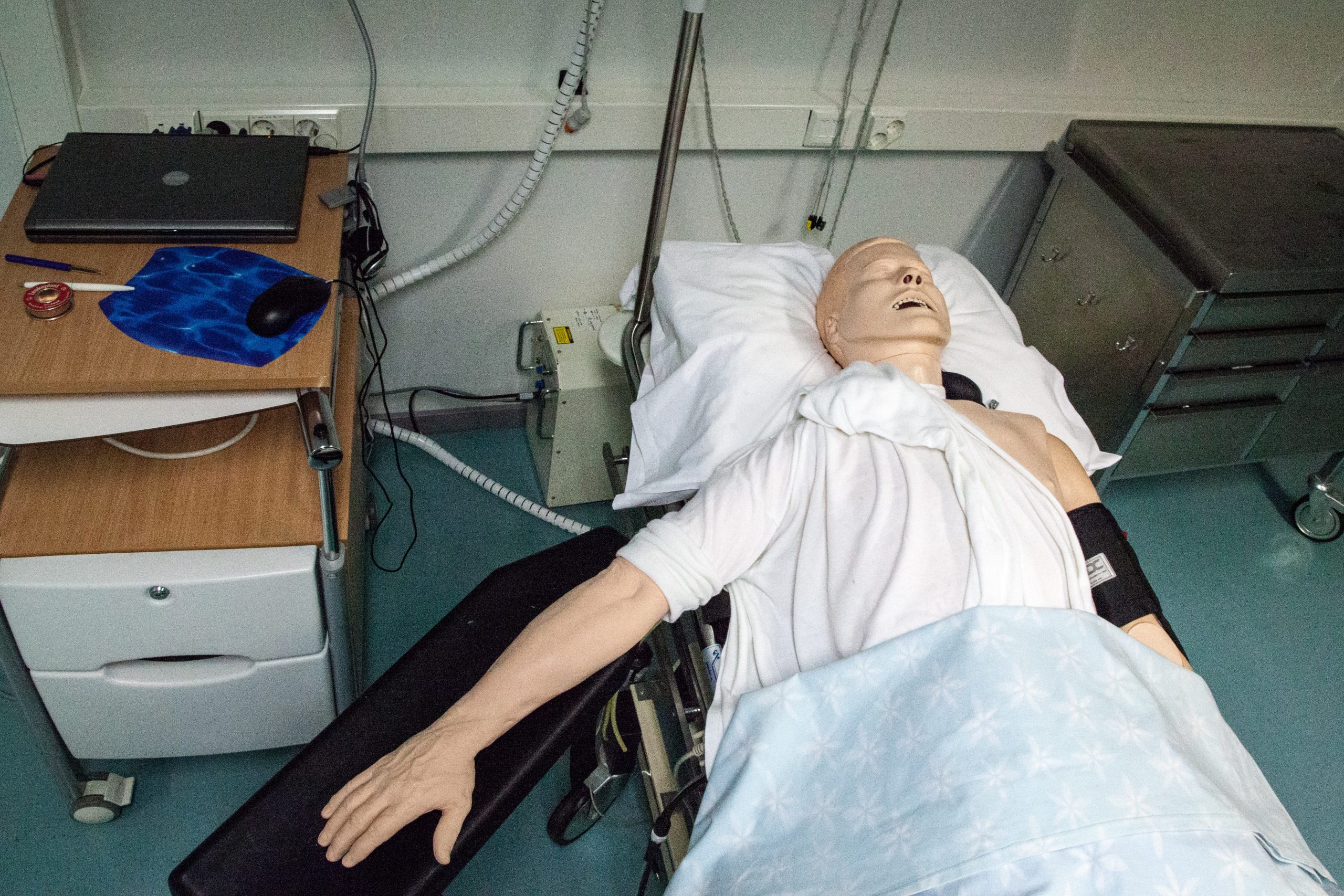 A visit to the hospital is a stressful and anxious time for patients and family members. Most people, however, assume that their doctors are competent and will administer the proper standard of care. This was not the case for Richard Smallwood.
A visit to the hospital is a stressful and anxious time for patients and family members. Most people, however, assume that their doctors are competent and will administer the proper standard of care. This was not the case for Richard Smallwood.
Smallwood fell at his home and sustained bilateral patella tendon ruptures. He was admitted to the Ochsner-Baptist Hospital for surgery to repair the ruptures in his tendon. After a complicated postoperative course, Smallwood was discharged to another Oschner unit. After some time in the nursing unit, Smallwood died. The autopsy revealed that he had suffered a pulmonary embolism, a secondary result of his deep vein thrombosis (DVT). Since Smallwood had been in “generally good health” before the surgery, his sudden death was shocking. The petition for this case alleged that Smallwood was not given the appropriate prophylactic anti-coagulant medication in violation of the standard of care.
Since pulmonary embolisms are a common secondary result of DVT, Dorothy Pennington alleged a medical malpractice claim against the doctors and nurses in charge of Smallwood’s care. This included Dr. Todd, Dr. Hawawini, Dr. Jones, Dr. Ulfers, and the Ochsner Clinic Foundation. After moving for a directed verdict, the trial court found that all parties except Dr. Hawawini were liable for medical malpractice. Since Dr. Hawawini acted as the Hospital Director at the time of Smallwood’s death, it was challenging to show that Dr. Hawawini had breached a standard of care. This case centered around whether Pennington had properly established the standard of care and breach with respect to Dr. Hawawini.
La. R.S. 40:1231.1 A(13) defines how medical malpractice occurs under Louisiana law. To allege a medical malpractice claim, the plaintiff must prove the three elements outlined in La. R.S. 9:2794 A. First, the plaintiff must establish the ordinary degree of knowledge, skill, or care exercised by physicians licensed to practice in Louisiana. Second, the plaintiff must establish that the defendant doctor lacked that degree of knowledge or skill or failed to exercise reasonable care. Finally, the plaintiff must also show that a lack of knowledge, skill, or reasonable care caused the plaintiff’s injuries.
Generally, expert testimony must “establish the applicable standard of care in medical malpractice cases. Schultz v. Guoth. Thus, Pennington retained Dr. Frangipane to testify as an expert to prove the applicable standard of care. Dr. Frangipane was a general surgeon and did not practice in the unique specialties of each named defendant. The trial court, however, allowed Dr. Frangipane to testify because he was qualified enough to be deemed an expert in the field. On appeal, the Fourth Circuit Court of Louisiana looked to determine whether the trial court ruled properly in allowing Dr. Frangipane to testify as an expert.
The Fourth Circuit determined that Dr. Frangipane’s expert testimony was proper because his knowledge overlapped the various disciplines of the named defendant doctors. Furthermore, the court indicated that “[g]enerally, the fact that a medical doctor is not a specialist in a particular field applies only to the effect on the weight to be given such testimony, not to its admissibility.” Hubbard v. State, 852 So. 2d 1097 (2003). The Fourth Circuit affirmed the directed verdict for Dr. Hawawini and reversed the directed verdict for the remaining defendants.
Home accidents are scary enough without the added fear of medical malpractice once you reach the hospital. A good attorney will fight to ensure that your doctor gives you the proper standard of care during your stay at the hospital or another affiliated facility.
Additional Sources: Pennington v. Ochsner Clinic Foundation, 245 So. 3d 58 (2018)
Written by Berniard Law Firm Writer Riley Calouette
Additional Berniard Law Firm Article on Medical Malpractice: Doctors Not Required To Act Perfectly: Determining The Applicable Standard of Care In Medical Malpractice Lawsuits
 Insurance Dispute Lawyer Blog
Insurance Dispute Lawyer Blog

